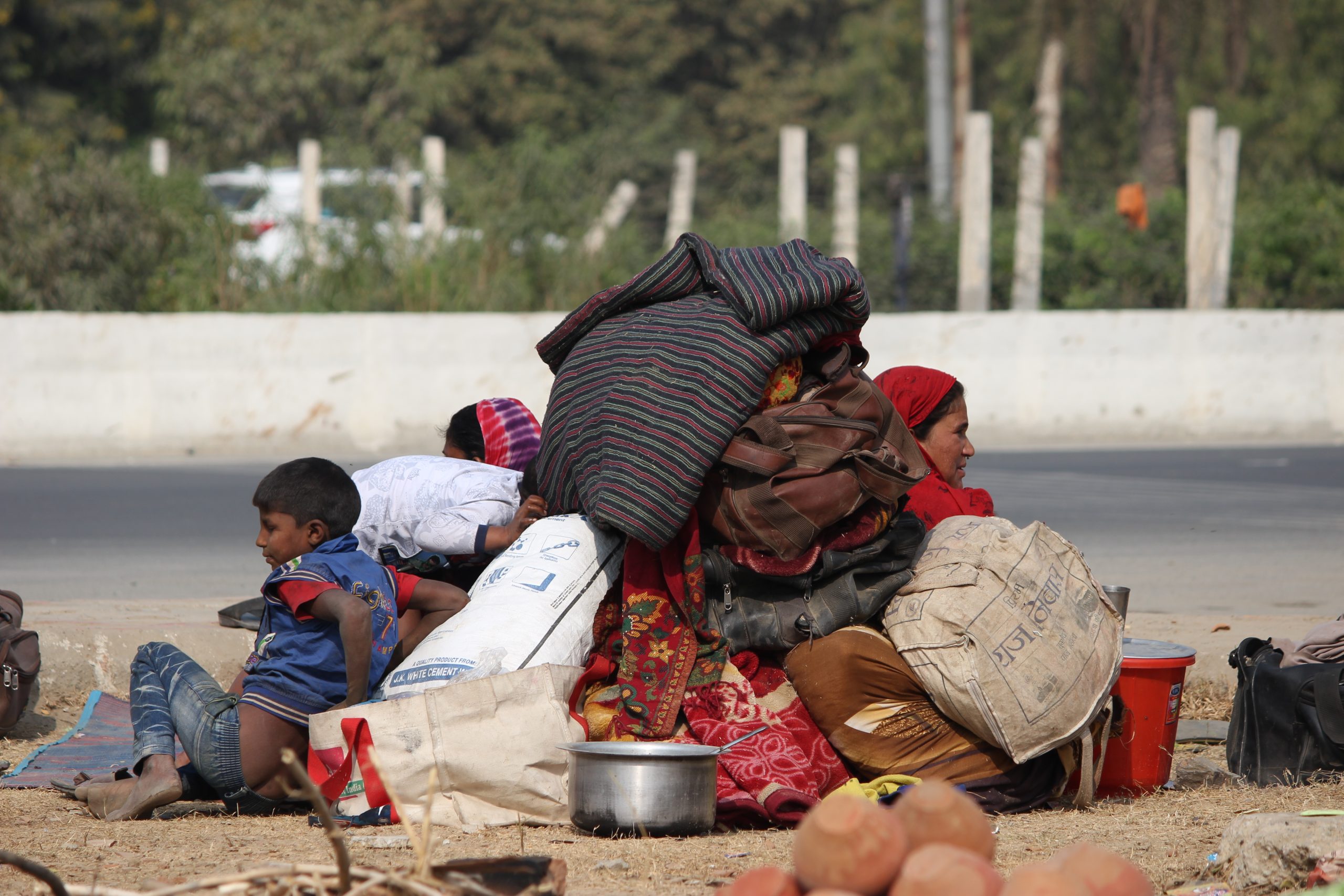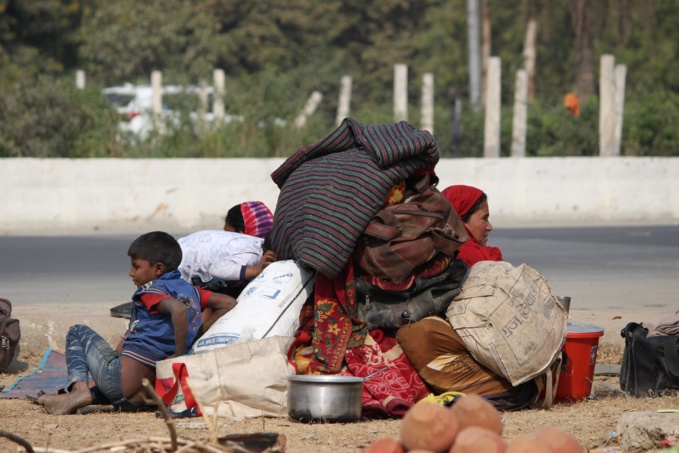School closures and drastic changes in educational forms, according to the WB experts, will make life considerably more difficult for the younger generation during the pandemic, a consequence that will be felt over the next decade as they reach the labor market. Soaring amounts of public debt, on the other hand, will prohibit the poorest countries from fully responding to the pandemic's persistent issues.
The World Bank reported in 2020 that the pandemic's reduction in extreme poverty resulted in an increase (by 97 million people) for the first time in a quarter-century, but analysts are now focused more on the pandemic's systemic impacts. Due to the impact of the anti-COVID restrictions and a very uneven recovery in 2021, its impact will not be limited to a short-term spike in poverty, but will be cumulative and long-term socio-economic in character. For example, a huge proportion of children lack access to out-of-school education, and in most of the poorest nations, fewer than 66 percent of households have children in school after lockdown, which is affecting labor force quality and exacerbating impoverished countries' difficulties.
The effect will be cumulative, as the consequent income losses will be passed down the generations, deepening stratification and lowering intergenerational mobility and opportunities to escape poverty. Reduced household spending at the price of infant and maternal nutrition, along with disruptions in health services and poor vaccination rates, might have a substantial long-term health impact in many low- and middle-income nations, reversing decades of health advances.
source: worldbank.org
The World Bank reported in 2020 that the pandemic's reduction in extreme poverty resulted in an increase (by 97 million people) for the first time in a quarter-century, but analysts are now focused more on the pandemic's systemic impacts. Due to the impact of the anti-COVID restrictions and a very uneven recovery in 2021, its impact will not be limited to a short-term spike in poverty, but will be cumulative and long-term socio-economic in character. For example, a huge proportion of children lack access to out-of-school education, and in most of the poorest nations, fewer than 66 percent of households have children in school after lockdown, which is affecting labor force quality and exacerbating impoverished countries' difficulties.
The effect will be cumulative, as the consequent income losses will be passed down the generations, deepening stratification and lowering intergenerational mobility and opportunities to escape poverty. Reduced household spending at the price of infant and maternal nutrition, along with disruptions in health services and poor vaccination rates, might have a substantial long-term health impact in many low- and middle-income nations, reversing decades of health advances.
source: worldbank.org



















